Cybercrime is increasing in scale and complexity.
The event was co-organized by the Vietnamese Ministry of Public Security (MPS), the Australian Department of Foreign Affairs and Trade (DFAT), the United Nations Children’s Fund (UNICEF), the United Nations Entity for Gender Equality and the Empowerment of Women (UN Women) and the United Nations Population Fund (UNFPA). It is part of the joint United Nations Programme on Ending Violence against Women and Children (EVAWC) funded by DFAT.
Globally, 300 million children are exploited online each year, and reports of sexual grooming and extortion are expected to almost triple by 2024. An estimated 38% of women with internet access have experienced online violence. In the Asia- Pacific region, between 16 and 58% of women have experienced abuse through technology, highlighting the urgent need to make the digital world safer for all women and children.
According to statistics, in Vietnam, nearly 9 in 10 children aged 12-17 use the internet, but only a third are taught how to protect themselves online. Studies show that many are harassed or exposed to sexual content online, and nearly half do not share it with anyone - because they do not know where to turn for help. While 13% of Vietnamese women have experienced sexual violence, there is currently no national data on online abuse, leaving the true extent unknown.
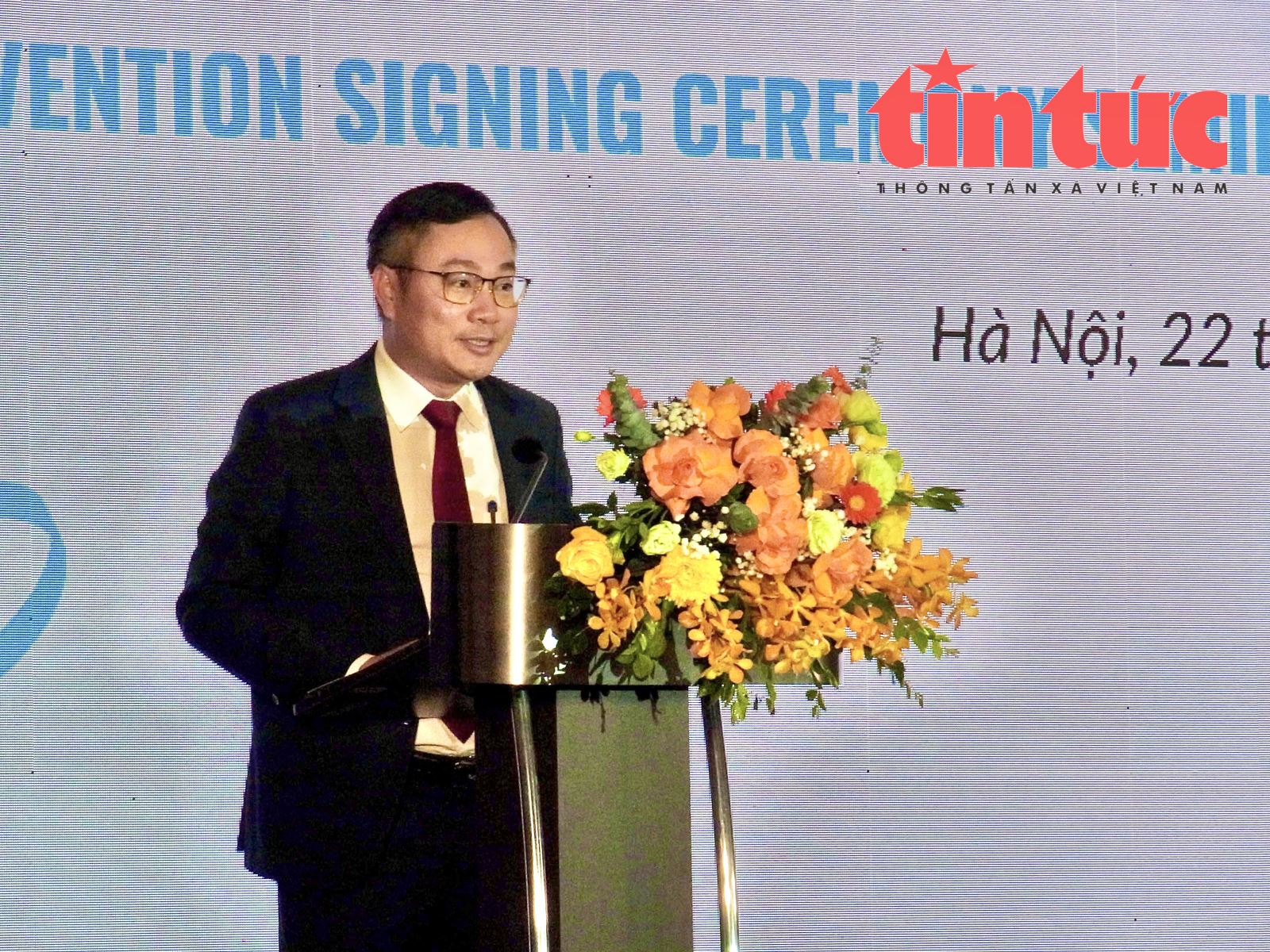
Colonel Le Hoang Duong, Deputy Director of the Department of Foreign Affairs of the Ministry of Public Security, spoke at the workshop.
Colonel Le Hoang Duong, Deputy Director of the Foreign Affairs Department of the Ministry of Public Security of Vietnam, said: In the context of the 4.0 technology era, Vietnam has also recorded many cases of child abuse and gender-based violence on the internet with increasingly sophisticated and complex forms. In fact, awareness of the community, especially parents and schools about cyber safety is still low; many acts of abuse take place anonymously, making it difficult to identify the subjects; in particular, the emergence of new technologies such as AI, deepfake and fraudulent chatbots increases the risk of abuse... These challenges require comprehensive solutions; close coordination between relevant parties while calling for support and cooperation from the whole society.
Ms. Silvia Danailov (UNICEF Representative), on behalf of UNFPA, UNICEF and UN Women, emphasized: “Behind every statistic is a young girl being groomed for sex or blackmailed through a social platform, a boy being pressured to share sensitive images, a woman being targeted through threats or deepfakes. These are not isolated issues. They are part of the same continuum of violence that begins in childhood, increases through adolescence and often follows women throughout their lives.”
Online child sexual exploitation and abuse and digital gender-based violence share the same digital ecosystem, the same perpetrators, and often the same victims. The overlap is most evident among underage girls, visible online but invisible to protection systems that remain segregated into “women” and “children”.
These harms violate children’s human rights, including their rights to safety, privacy, equality and participation, and require a coordinated, child- and victim-centered system, with specialized services linked through referral, case management and shared accountability for safety and recovery, according to Ms. Silvia Danailov.
Protecting women and children in cyberspace
This important event is a forum for policymakers, international experts, civil society representatives and the private sector to come together to build a shared vision for a safer digital future, especially for women and children.

This important event is a forum for policymakers, international experts... to come together to build a common vision for a future of building a safe and inclusive cyberspace.
Delegates discussed policy implementation, reporting mechanisms, evidence-based monitoring, safety-by-design and multi-sectoral collaboration. Delegates also examined the link between online child sexual exploitation and abuse (OCSEA) and technology-mediated gender-based violence (TF-GBV), highlighting the need for an integrated and multi-sectoral response to protect women, adolescents and children.
Colonel Le Hoang Duong, Deputy Director of the Foreign Affairs Department of the Ministry of Public Security, said that the signing ceremony of the Hanoi Convention with the theme "Combating Cybercrime - Sharing Responsibility - Looking Towards the Future" demonstrates responsibility and promotes initiatives on cybersecurity for a safe, healthy and sustainable cyberspace. The Convention promises to become a legal tool for all member countries to cooperate in preventing and combating cybercrime on a global scale, creating a new forum for countries to directly interact and exchange with each other to prevent cybercrime, even between countries with differences in national values and legal regulations.
Ms. Silvia Danailov, UNICEF Representative, said that the common task now is to make the Hanoi Convention not only a legal instrument but also a living framework to strengthen protection systems to work together, not separately.
“Through the Eliminating Violence Against Women and Children (EVAWC) Programme, we are connecting these systems: training frontline responders, supporting victim- and child-centered services, and advocating for digital safety in every classroom, clinic, and community. This is how Vietnam can make its international commitments a reality for every woman, youth, and child,” said Silvia Danailov.
As Head of Child Protection Programme, UNICEF Viet Nam, Ms. Le Hong Loan shared that this convention is of particular importance, because it not only stops at establishing legal regulations, but also promotes global cooperation, information sharing and enhances responsibility between countries. That means countries can coordinate to investigate, prevent and prosecute cross-border cybercrime, helping to protect children everywhere.
At the workshop, delegates and international organizations expected that the Hanoi Convention would not only be a legal instrument but also a living framework to strengthen protection systems, working together and not separately. Vietnam is committed to strengthening laws, raising public awareness and enforcement capacity to protect all citizens, especially women and children, through the national roadmap on digital security protection, co-created by the Government, development organizations and international partners.
Source: https://baotintuc.vn/xa-hoi/viet-nam-no-luc-huong-den-tuong-lai-so-an-toan-20251022133826634.htm




![[Photo] Prime Minister Pham Minh Chinh meets with South African President Matamela Cyril Ramaphosa](https://vphoto.vietnam.vn/thumb/1200x675/vietnam/resource/IMAGE/2025/10/23/1761226081024_dsc-9845-jpg.webp)

![[Photo] Prime Minister Pham Minh Chinh chairs meeting on railway projects](https://vphoto.vietnam.vn/thumb/1200x675/vietnam/resource/IMAGE/2025/10/23/1761206277171_dsc-9703-jpg.webp)
![[Photo] President Luong Cuong holds talks with South African President Matamela Cyril Ramaphosa](https://vphoto.vietnam.vn/thumb/1200x675/vietnam/resource/IMAGE/2025/10/23/1761221878741_ndo_br_1-8416-jpg.webp)
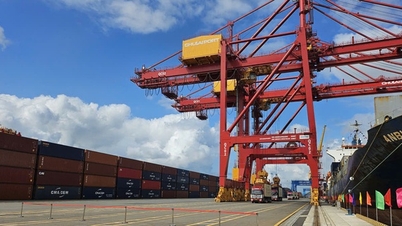



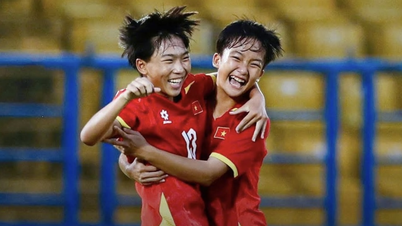

![[Photo] Award Ceremony of the Political Contest on Protecting the Party's Ideological Foundation](https://vphoto.vietnam.vn/thumb/402x226/vietnam/resource/IMAGE/2025/10/22/1761151665557_giaia-jpg.webp)

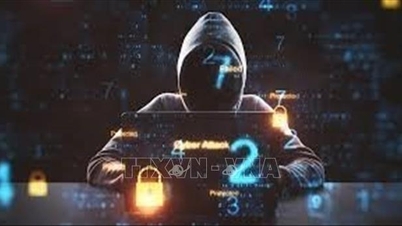
![[Photo] Prime Minister Pham Minh Chinh chairs meeting on nuclear power plant construction](https://vphoto.vietnam.vn/thumb/402x226/vietnam/resource/IMAGE/2025/10/22/1761137852450_dsc-9299-jpg.webp)
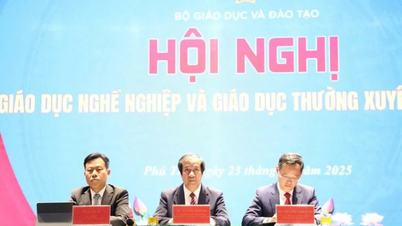
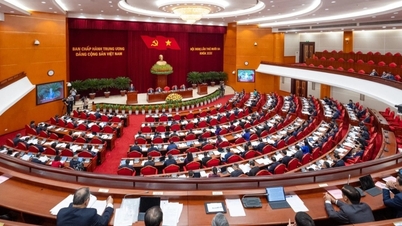


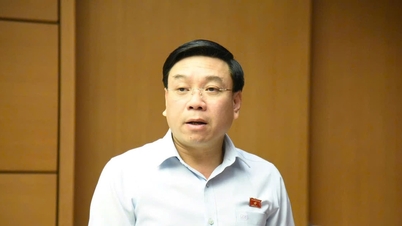

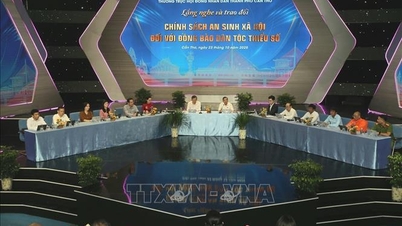
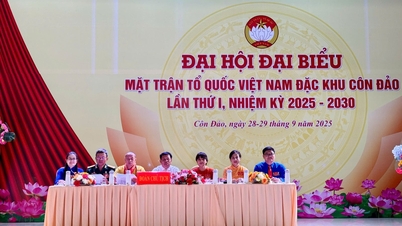




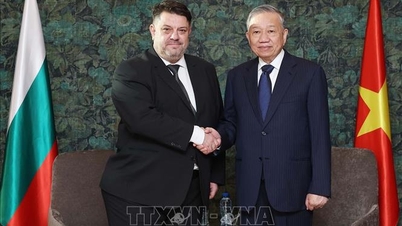
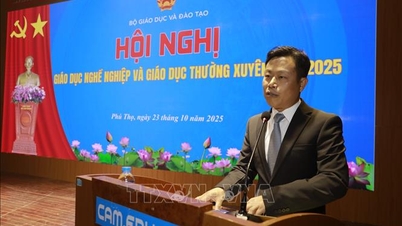
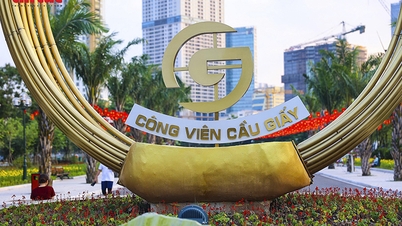

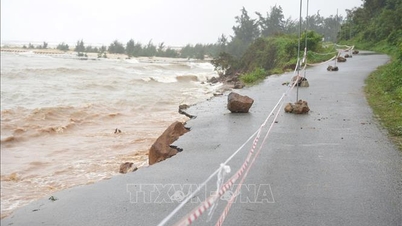
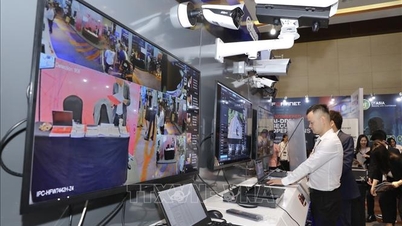




































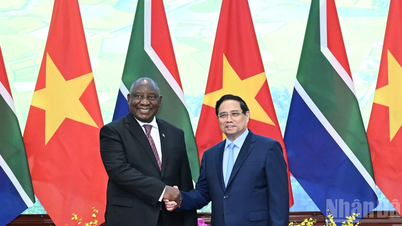





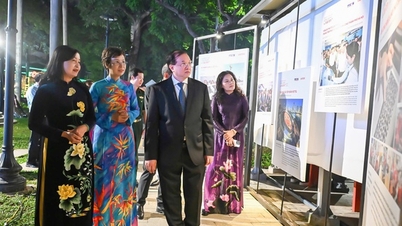



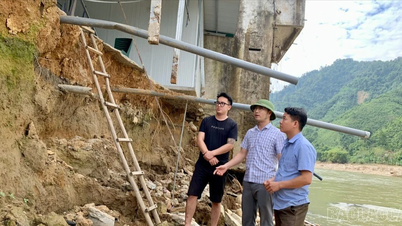

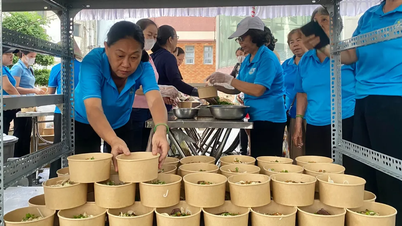

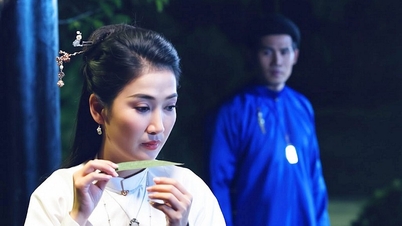

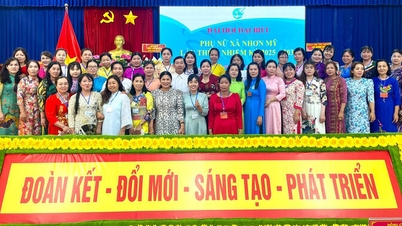

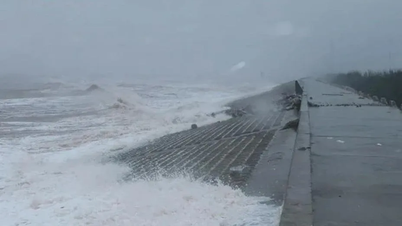













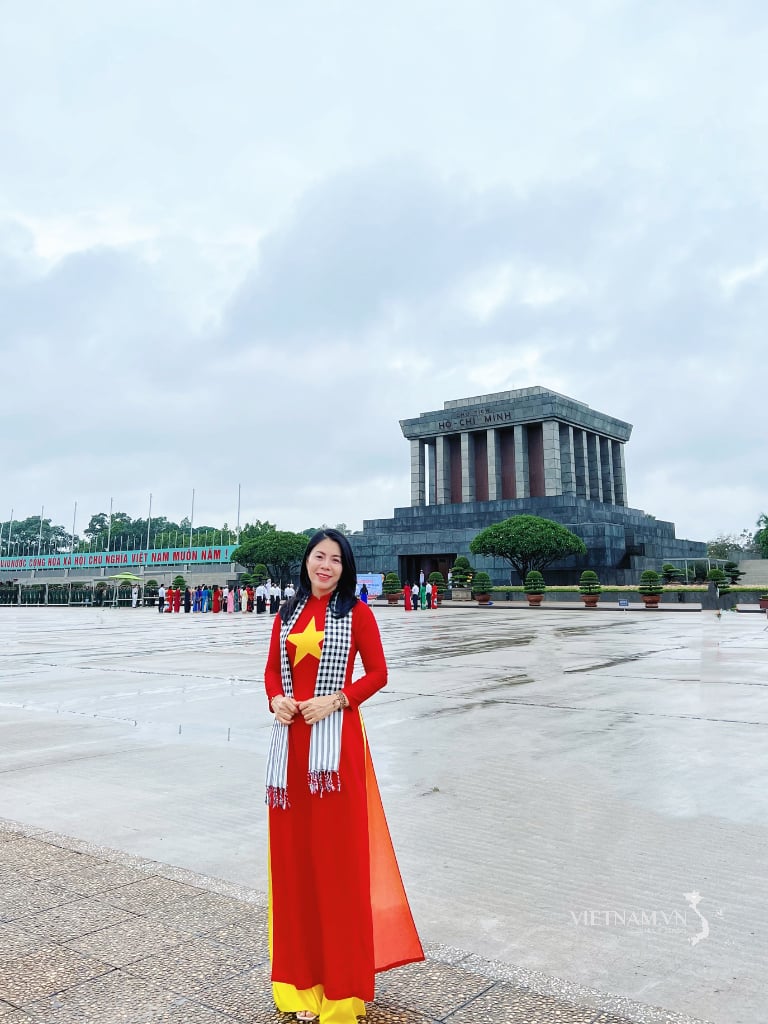

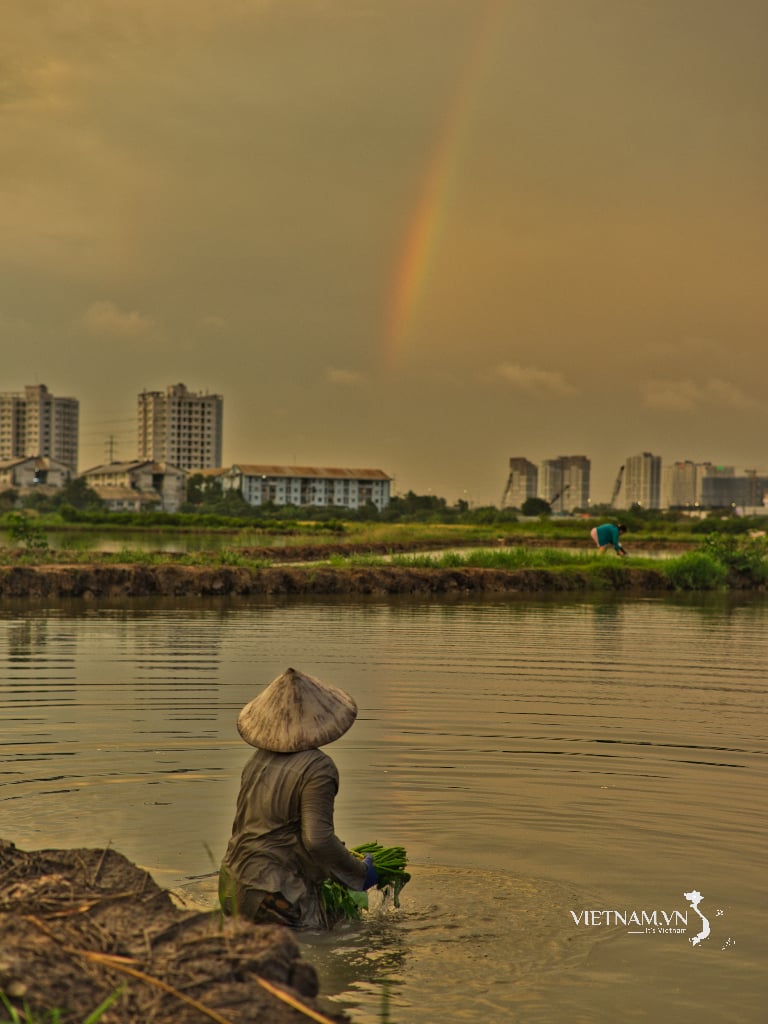
Comment (0)